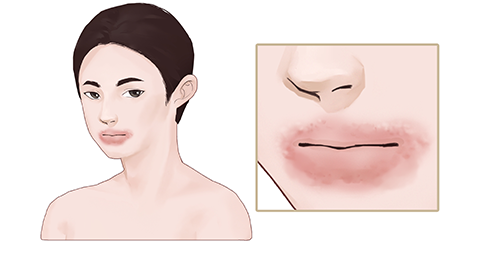What are the side effects of penicillin that one should be aware of?
Generally, the side effects of penicillin may include allergic shock, skin allergic reactions, gastrointestinal discomfort, kidney function impairment, and hematological abnormalities. A detailed analysis is as follows:

1. Allergic shock: This is a relatively severe side effect that may occur shortly after drug administration, manifesting as decreased blood pressure, difficulty breathing, loss of consciousness, etc. If not promptly treated, it can be life-threatening. A skin test must be strictly performed before administration.
2. Skin allergy reaction: Common manifestations include rashes and urticaria, often appearing several days after drug use, accompanied by itching. In severe cases, it can spread throughout the body and affect the normal condition of the skin. Close observation of skin changes is necessary.
3. Gastrointestinal discomfort: Some individuals may experience symptoms such as nausea, vomiting, and diarrhea after taking the medication, possibly due to the drug irritating the intestinal mucosa. Reactions are more pronounced with high doses, affecting normal digestion.
4. Kidney function impairment: Long-term or high-dose use may affect the kidneys, manifesting as reduced urine output, edema, etc. Individuals with pre-existing kidney disease are more prone to these problems and should have regular kidney function tests.
5. Hematological abnormalities: In rare cases, it may lead to reduced white blood cells and platelets, affecting normal blood coagulation and immune function, resulting in easy bleeding and decreased resistance. Changes in blood parameters should be monitored closely.
Penicillin must be used under professional guidance. Before administration, patients should inform their healthcare provider of any allergy history and complete a skin test. Close attention should be paid to bodily reactions during treatment. If abnormal symptoms occur, the drug should be discontinued immediately and healthcare personnel informed to implement targeted treatment measures.








